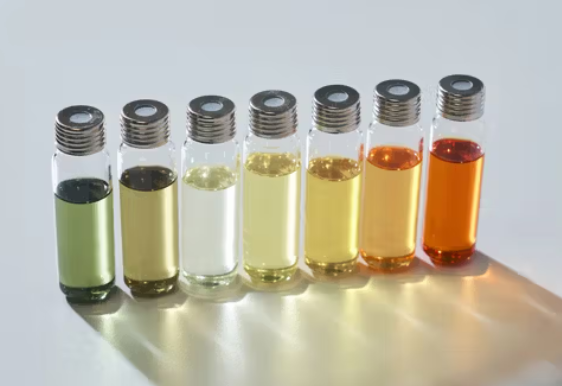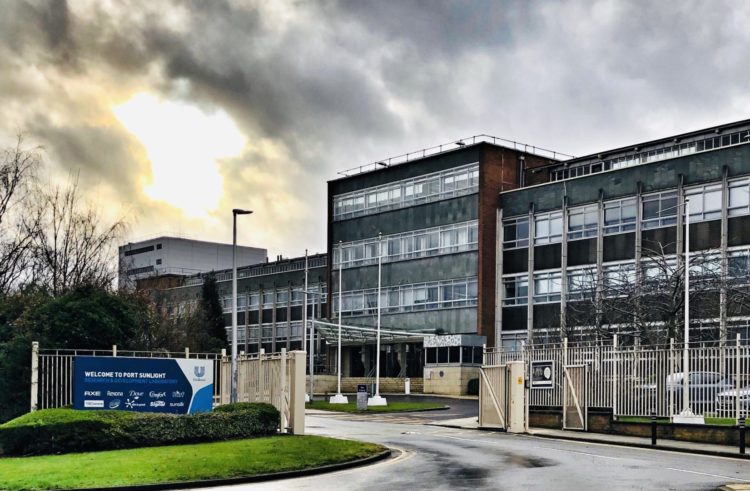Unilever, the global consumer goods company, has announced a significant investment of £80 million to establish a state-of-the-art fragrance facility at its historic site in Port Sunlight, near Liverpool. This initiative is part of a broader £300 million investment plan aimed at enhancing the company’s UK-based research and development (R&D), offices, and factories over the next two years .
A Strategic Move to Enhance Fragrance Capabilities
The new facility will encompass a fragrance research and innovation laboratory, a compounding facility where new fragrances are blended and developed, and evaluation suites for product testing. Advanced technologies, including robotics and artificial intelligence (AI), will be integrated to aid perfumers in developing innovative fragrances. This move underscores Unilever’s commitment to enhancing its in-house fragrance expertise while continuing collaborations with external partners like DSM-Firmenich and Givaudan

Economic Impact and Job Creation
The project is expected to create at least 60 new jobs initially, including positions for perfumers and researchers. The facility is anticipated to be operational by 2027, pending planning permissions. This investment has been welcomed by the UK government as a strong signal of confidence in the national economy .

Historical Significance of Port Sunlight
Port Sunlight holds a special place in Unilever’s history, tracing back to the production of Sunlight soap in 1888. The site has evolved into Unilever’s largest innovation hub in the UK, housing two factories, two R&D labs, an advanced manufacturing centre, and the Materials Innovation Factory developed in collaboration with the University of Liverpool.

Looking Ahead
Unilever’s investment in the new fragrance facility represents a strategic effort to bolster its product development capabilities and maintain its competitive edge in the consumer goods industry. By integrating cutting-edge technologies and fostering in-house expertise, the company aims to deliver superior products that meet evolving consumer preferences.
References:
The Times
Liverpool Business News
Wikipedia
University of Liverpool





